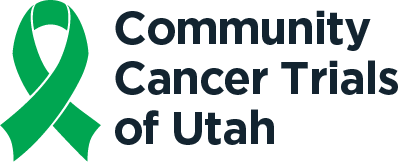What Are Clinical Trials?
Clinical trials are done to find treatments that improve a person’s health in the fastest and safest way possible. Through clinical trials we can determine if a new treatment is safe and effective for people with a specific medical condition. Treatments can be a drug, medical device, medical procedure, or a change in a person’s behavior such as diet or exercise. The volunteers who enroll onto a clinical trial help develop new medications, treatments that work better, or find if medications are effective in different medical conditions.
Before a medication can be approved by the Food and Drug Administration (FDA) it must be tested through clinical trials. It may take more than ten years for a treatment to be approved; this is to ensure the treatment has been tested properly and is safe and effective for the public.
Clinical trials must go through four phases, each phase has a different purpose, and a trial must meet all its objectives before it can move on to the next phase.
- Phase I: Treatment is given to a small group of participants (less than 100 people) to evaluate safety, potential side effects, and the best way to deliver or use the treatment.
- Phase II: The treatment is given to a larger group (100-300 people) to further evaluate safety and to assess whether the treatment works.
- Phase III: Treatment is given to a large group (about 1,000-3,000 people) and is compared to treatments that have already been FDA approved. This comparison is to evaluate whether the treatment works and to collect information to ensure it is being used safely. The FDA will use the results from all three phases when deciding whether a treatment should be approved.
- Phase IV: After a treatment is approved by the FDA, clinical trials may be conducted to gather more information on how well the treatment works, safety, and best use.
Clinical trials can be sponsored or funded by pharmaceutical companies, academic medical centers, non-profit organizations, medical professionals, and federal agencies.
Before a clinical trial can begin, it has to be reviewed by an Independent Review Board (IRB), whose members are scientists, and other professionals. They ensure the clinical trial will be safe and ethical for the people who volunteer to participate. The IRB has active oversight of the clinical trial throughout the trial.
